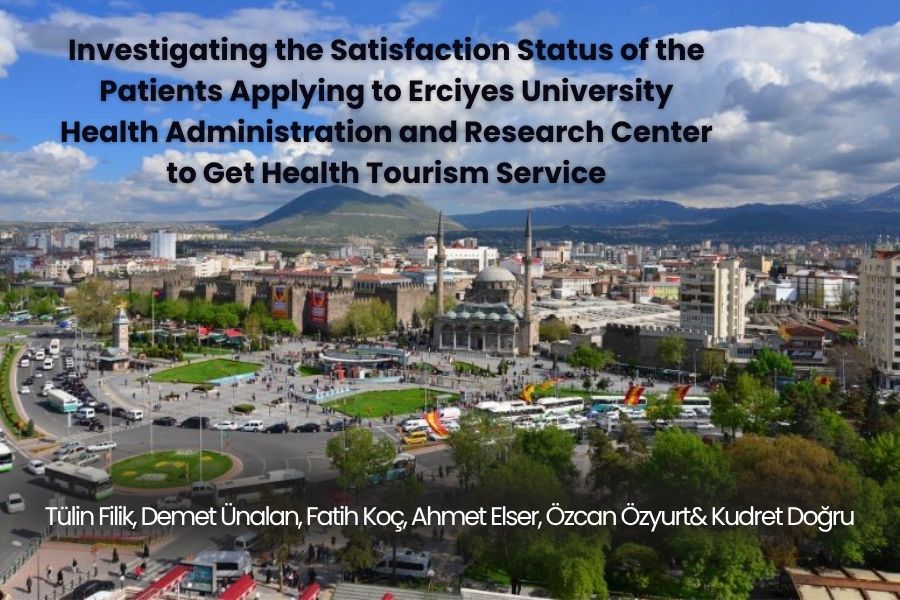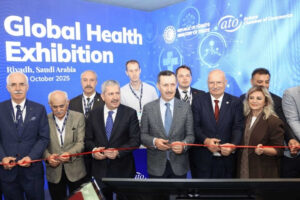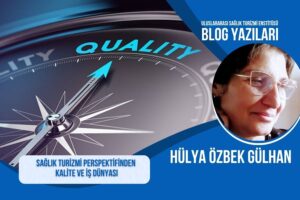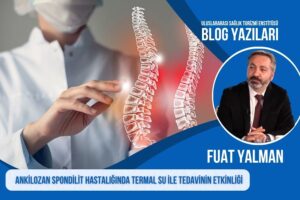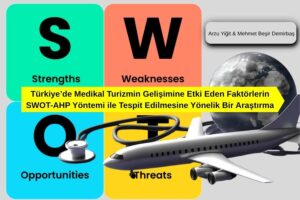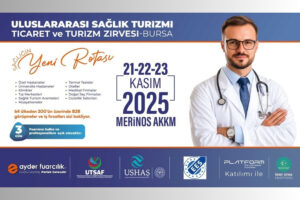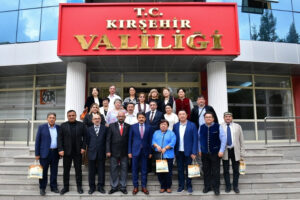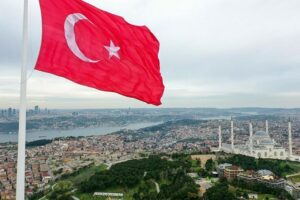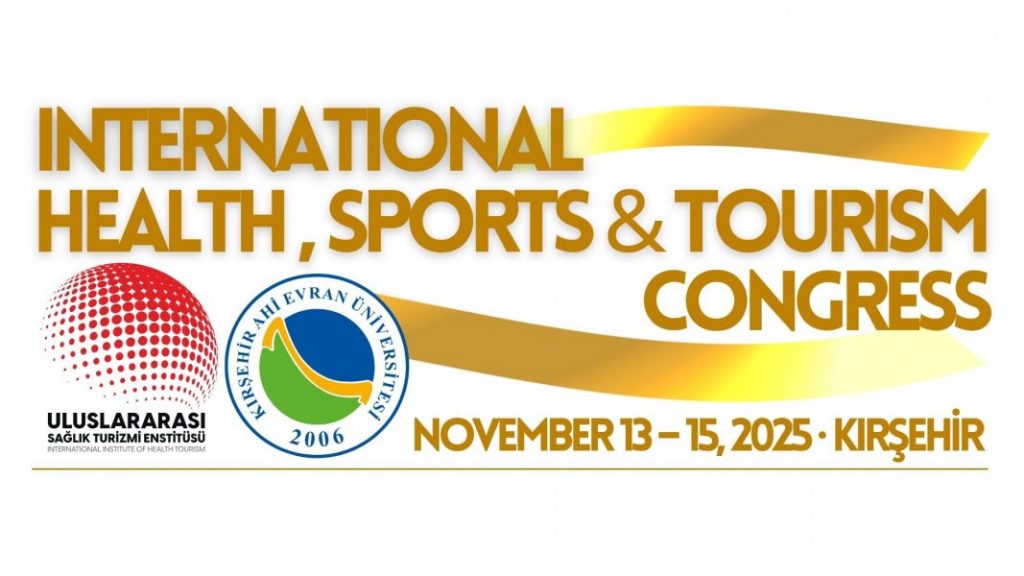Tülin Filik, Demet Ünalan, Fatih Koç, Ahmet Elser, Özcan Özyurt& Kudret Doğru
Abstract
In this study it is aimed to investigate satisfaction status of the patients applying Erciyes University
Health Administration and Research Center (HARC) to get health tourism service in terms of the
infrastructure of the institution, employee relations and service quality. This descriptive study was
conducted on 27 patients applying Erciyes University HARC between the years of 2016 – 2017. The
English health tourism questionnaire prepared in the light of literature by the researchers has been
conducted to the patients who accepted to participate the research as data collection tool. The
questionnaire includes 15 questions about the policlinic/clinic applied, where the patients came from,
the gender, age, education level, income level, the reason of arriving the country, the reasons of
preferring this hospital and the satisfaction from the institution and staff, and an open-ended question
asking for expectations and suggestions. Questionnaires of the pediatric patients were answered by their
relatives. Frequency and percentage distributions were calculated in the analysis of the data. In our
study, it has been found that there is general satisfaction in terms of the infrastructure of the institution,
personnel relations and service quality. 85.2% satisfaction has been detected even in the areas that were
relatively less than the satisfaction level ”Education Quality of the Assistant Health Personnel’ ‘The
Hospital’s Side Services (accommodation, transportation, interpreter … etc.),” Shortness of the service
period that the patient took from hospital”.
Keywords: Health Tourism, Hospital, Satisfaction, Service Quality, Managemen
Kaynak: International Journal of Health Management and Tourism
Atıf: Filik, T., & Filik, T. (2018). Investigating the Satisfaction Status of the Patients Applying to Erciyes University Health Administration and Research Center to Get Health Tourism Service. International Journal of Health Management and Tourism, 3(3), 147-153. https://doi.org/10.31201/ijhmt.432467

